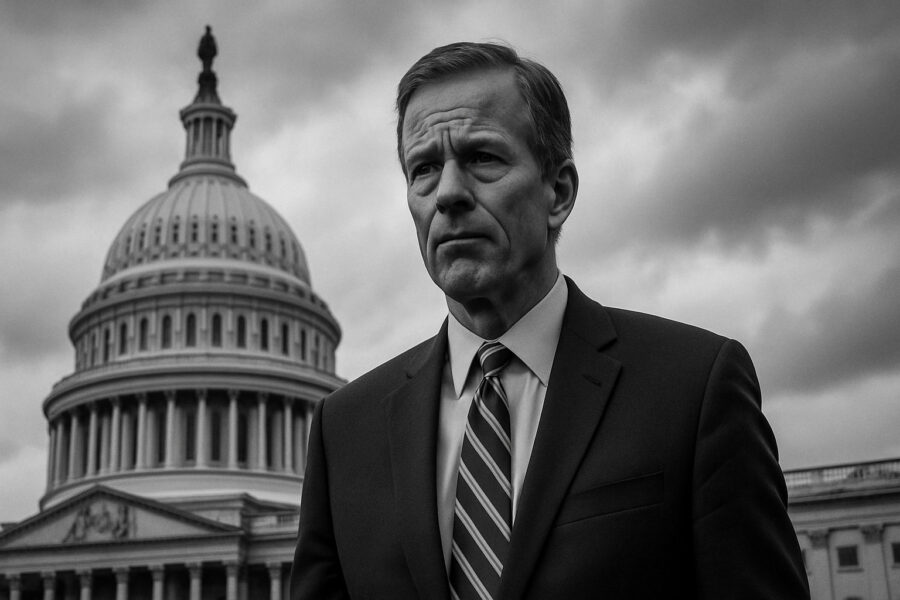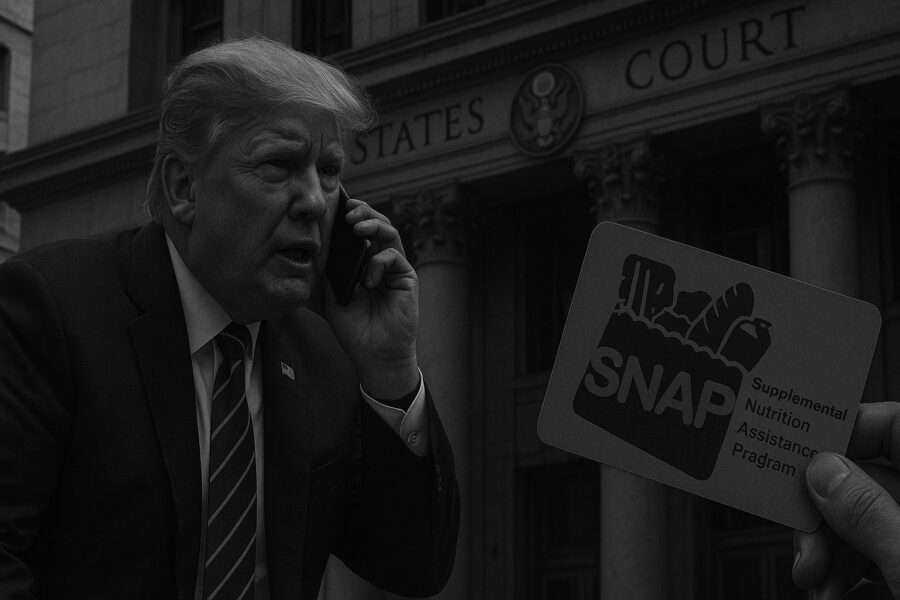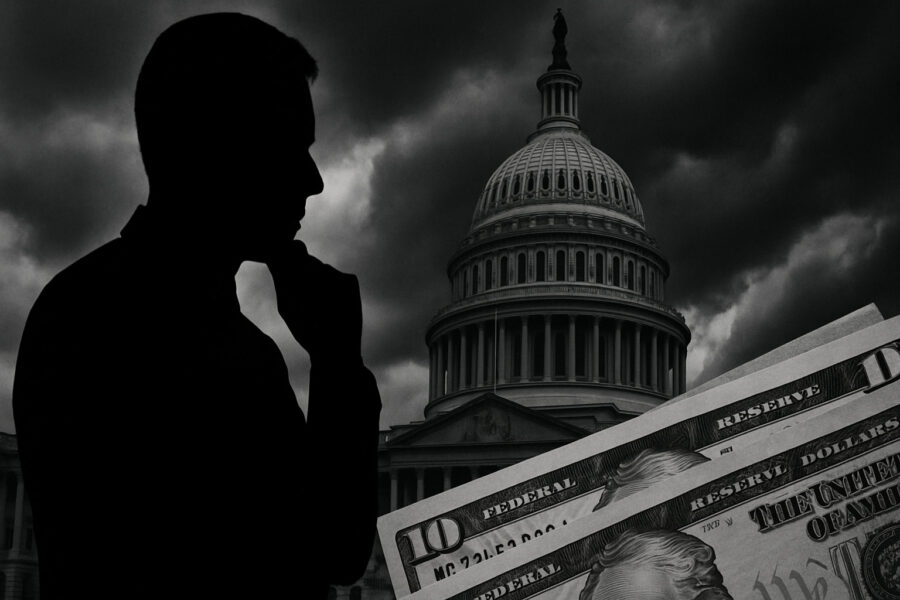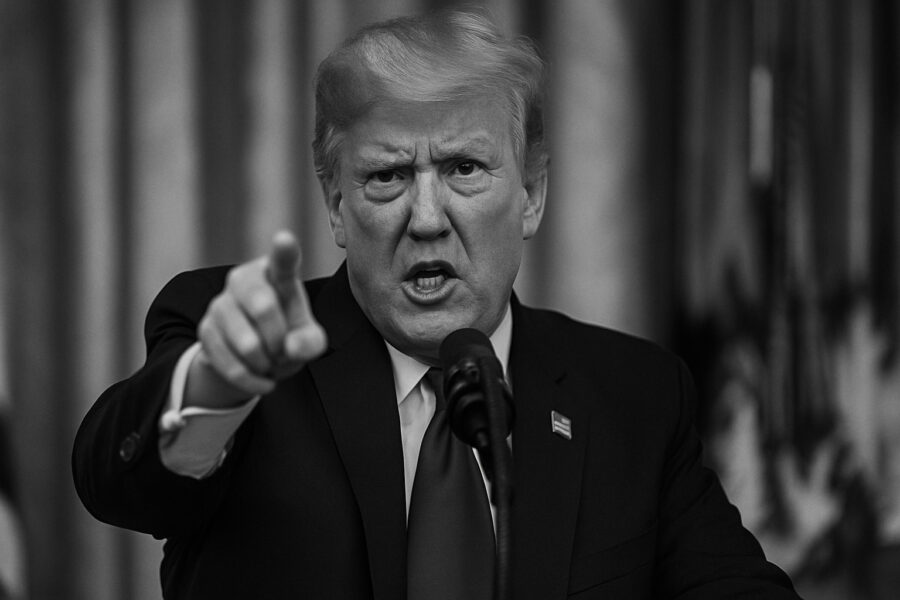Want Instant Updates? Follow us on Google News (here)
Want Instant Updates? Follow us on Google News (here)

Klobuchar on Partial SNAP Funding: “It Is Not Enough to Do the Bare Minimum”
Senator Amy Klobuchar (D-Minn.), ranking member of the Senate Committee on Agriculture, Nutrition & Forestry, sharply criticized the Trump administration’s decision to use emergency contingency funds to cover only a portion of SNAP benefits for November amid the federal government shutdown. She said in a press release:
“It is not enough to do the bare minimum — the administration should stop playing politics with hunger and use all available resources to ensure Americans can put food on the table.” agriculture.senate.gov
The letter of the law is as plain as day. Trump should have paid SNAP benefits all along.
— Senator Patty Murray (@PattyMurray) November 3, 2025
Just now paying the bare minimum to partially fund SNAP is not enough, and it is not acceptable.
Trump should immediately work to fully fund benefits under the law. https://t.co/etQjzvJmrWShe continued:
“The courts have ordered the administration to use its contingency fund for SNAP — and have made clear it can use its transfer authorities to fully fund SNAP.” agriculture.senate.gov
Other prominent Democrats echoed her view. For example, Senator Patty Murray (D-Wash.), top Democrat on the Appropriations Committee, said that “just now paying the bare minimum to partially fund SNAP is not enough, and it is not acceptable… Trump should immediately work to fully fund benefits under the law.” CBS News
The context
- The federal government is currently undergoing a shutdown due to a lapse in appropriations.
- The USDA has declared it will use roughly $4.65 billion of contingency funds to cover ~50% of eligible households’ SNAP allotments for November, plus about $600 million to cover states’ administrative costs. CBS News
- Two federal judges — one in Rhode Island and one in Massachusetts — have ordered the administration to tap contingency funds to at least partially fund SNAP during the shutdown. CBS News
- Klobuchar argues that the administration has available legal tools (transfer authorities, broader contingency funds) to fully fund SNAP, but is choosing not to do so. agriculture.senate.gov
Why this criticism matters
- Symbolic & practical impact: SNAP serves tens of millions of Americans who rely on monthly benefits to purchase food. Reducing payments mid-stream raises concerns about food security and fairness.
- Government-shutdown consequences: Partial funding highlights how legislative and administrative impasses translate into real hardship for citizens.
- Legal vs. moral responsibility: From Klobuchar’s perspective, the legal orders and discretionary powers have been ignored, making this not merely a budget issue but a question of values and priorities.
- Systemic awareness: For our project (Freedom Begins in Awareness), this moment invites reflection on how systems claim to serve, but when stress is introduced (shutdown, funds gap), the system’s internal logic and vulnerabilities become exposed.
What to expect / What’s next
- The administration may face increased pressure (legal, political, public) to fully fund SNAP — either through further use of contingency funds or by finding alternative funding sources.
- States may struggle with implementation delays, as many have to adjust systems to issue reduced benefits, according to USDA filings. CBS News
- Additional actions could include legislation from Senate Democrats (e.g., the “Keep SNAP Funded Act of 2025” introduced by Klobuchar and colleagues) aimed at mandating full funding regardless of shutdown. agriculture.senate.gov
- If the shutdown persists, there may be further reductions or disruptions in SNAP payments, which would intensify the humanitarian and political cost of inaction.
- Public-relations and narrative battles will ramp up: framing whether this is “doing what’s required” vs. “doing what’s right” will matter for voter perceptions, especially given many households depend on the benefit.
Bottom line
Senator Klobuchar is drawing a clear line: using contingency funds to issue partial SNAP benefits is not sufficient. She argues the administration has both the legal authority and moral obligation to fully fund the program, and the refusal to do so is a political choice with deep human consequences. As millions face reduced aid and states prepare for system adjustments, this episode becomes a litmus test of how the nation treats its most basic obligations in times of crisis.
Leave a reply




